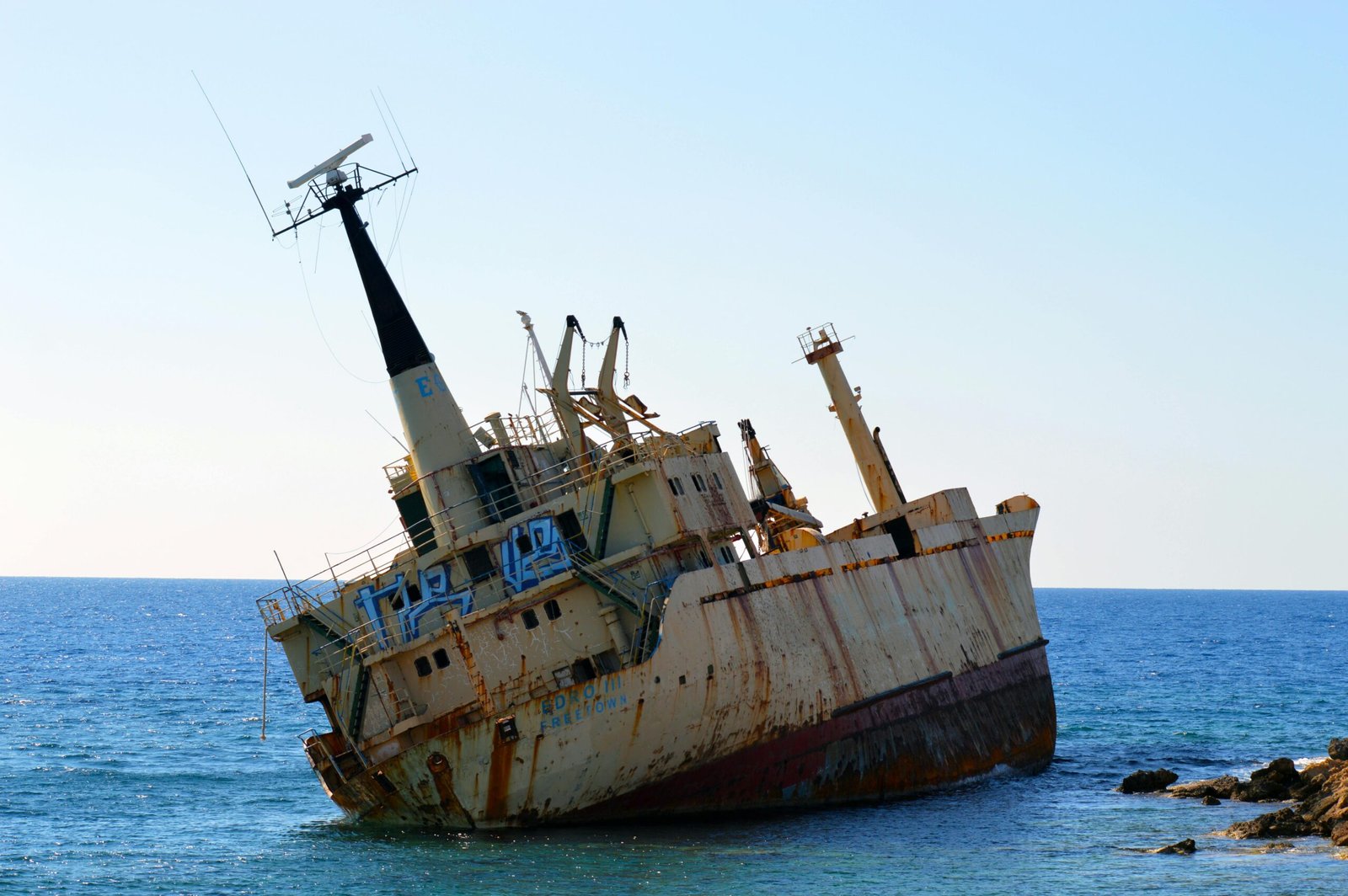What the future holds for Europe’s economy and businesses
Over the past two decades, the role of Eastern European countries in the European Union (EU) has shifted from being primarily recipients of integration aid to becoming active contributors to Europe’s economy and future. As the EU continues to face global economic pressures, geopolitical tensions, and digital transformation, the strategic importance of Eastern Europe has become undeniable.
The Economic Rise of Eastern Europe
Eastern European countries like Poland, Hungary, Romania, and the Baltic States have demonstrated remarkable economic growth since joining the EU. Structural reforms, increased foreign direct investment, and EU funding have helped modernize infrastructure, boost industrial production, and elevate living standards.
These countries have become manufacturing hubs for the automotive, electronics, and IT sectors. Poland, for example, is now one of the fastest-growing economies in the EU, often referred to as the “economic engine of Central and Eastern Europe.” Similarly, Romania has shown strong GDP growth, particularly in the tech and construction industries.

Strengthening Europe’s Internal Market
Eastern European countries play a vital role in maintaining and strengthening the EU’s internal market. With competitive labor costs, skilled workers, and expanding logistics networks, these nations support supply chains critical to Western European industries.
Moreover, as Western Europe faces aging demographics and labor shortages, Eastern Europe’s younger workforce provides much-needed human capital to ensure the smooth operation of cross-border businesses. This cooperation enhances Europe’s overall economic resilience.
Strategic Geopolitical Relevance
Geopolitically, Eastern Europe has gained significance, particularly in light of recent global conflicts. Countries like Poland, Slovakia, and the Baltic nations are now on the frontlines of EU defense and energy diversification strategies. Their integration into European supply chains and digital networks is vital for Europe’s autonomy and long-term security.
Furthermore, these countries often act as bridges between the EU and neighboring non-EU states, helping to promote European values, economic cooperation, and democratic development.

Supporting Innovation and Digital Growth
Eastern Europe is increasingly becoming a hub for startups and digital entrepreneurship. Cities like Warsaw, Bucharest, and Tallinn are nurturing tech ecosystems supported by EU innovation funds. This wave of digital growth is contributing to a more dynamic and competitive European economy.
With 5G infrastructure, advanced cybersecurity policies, and digital literacy programs expanding rapidly, the region is positioning itself as a future-oriented player in the EU’s digital transition.
The Future of European Businesses
As the EU looks ahead to the next decade, the inclusion and empowerment of Eastern European countries will be critical to shaping Europe’s future. Their contributions to economic growth, innovation, and regional security make them indispensable partners in building a strong and cohesive European Union.
For European businesses, this also means new opportunities in emerging markets, tech collaborations, and cross-border investments across the region. Companies that recognize the strategic value of Eastern Europe will be better positioned to grow and thrive in a competitive global landscape.

Conclusion
Eastern European countries are no longer just participants in the European project—they are architects of Europe’s future. Their economic growth, digital innovation, and strategic importance will play a defining role in the EU’s evolution over the next 5–10 years.
For companies seeking to expand their reach in this evolving landscape, establishing a strong digital presence is essential. Visit Rakuzan.eu to explore how your business can stay ahead in a competitive European market.
Disclaimer: This article is for informational purposes only and does not constitute financial, tax, or investment advice. Readers should consult with a licensed professional before making any financial or business decisions.





